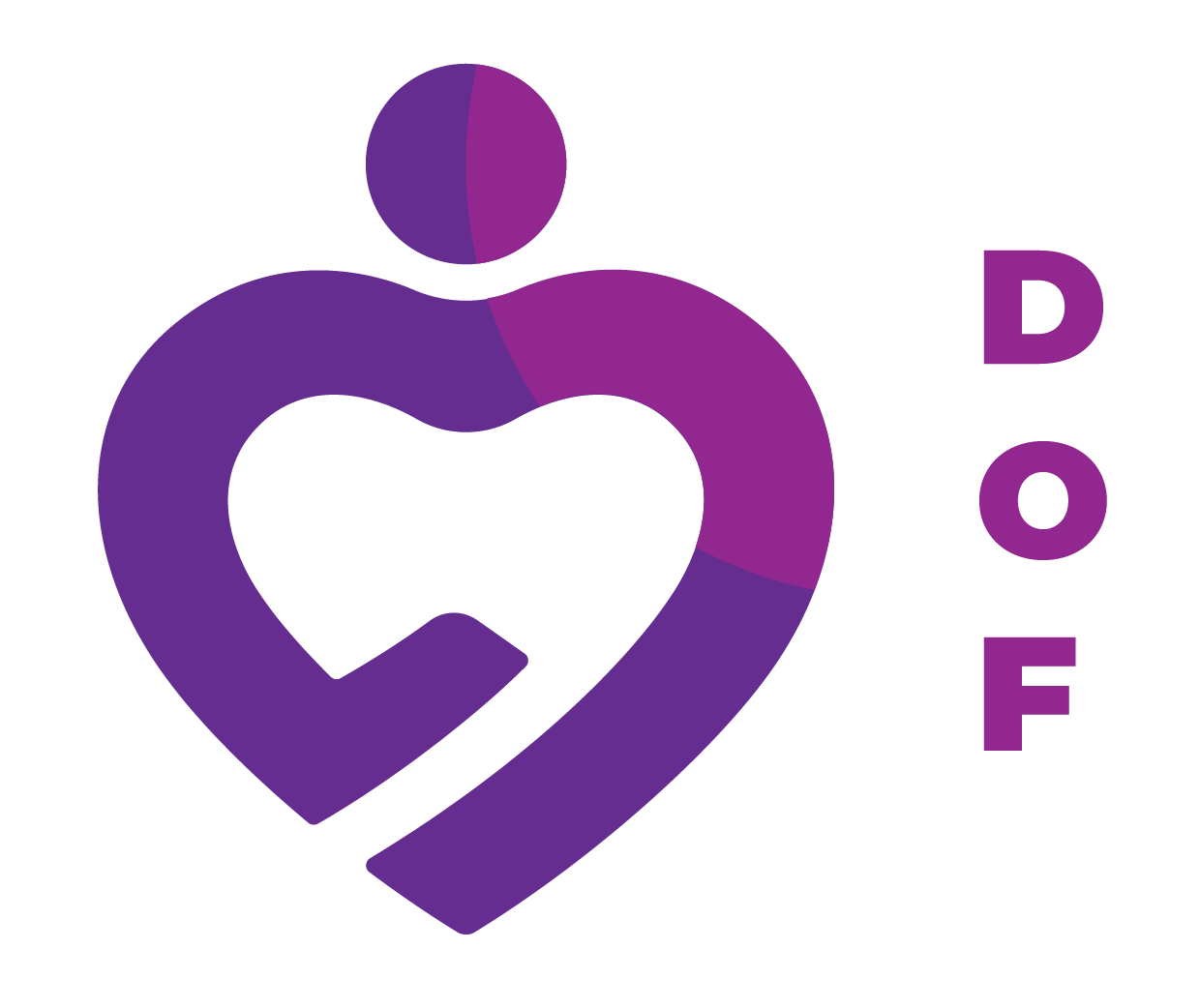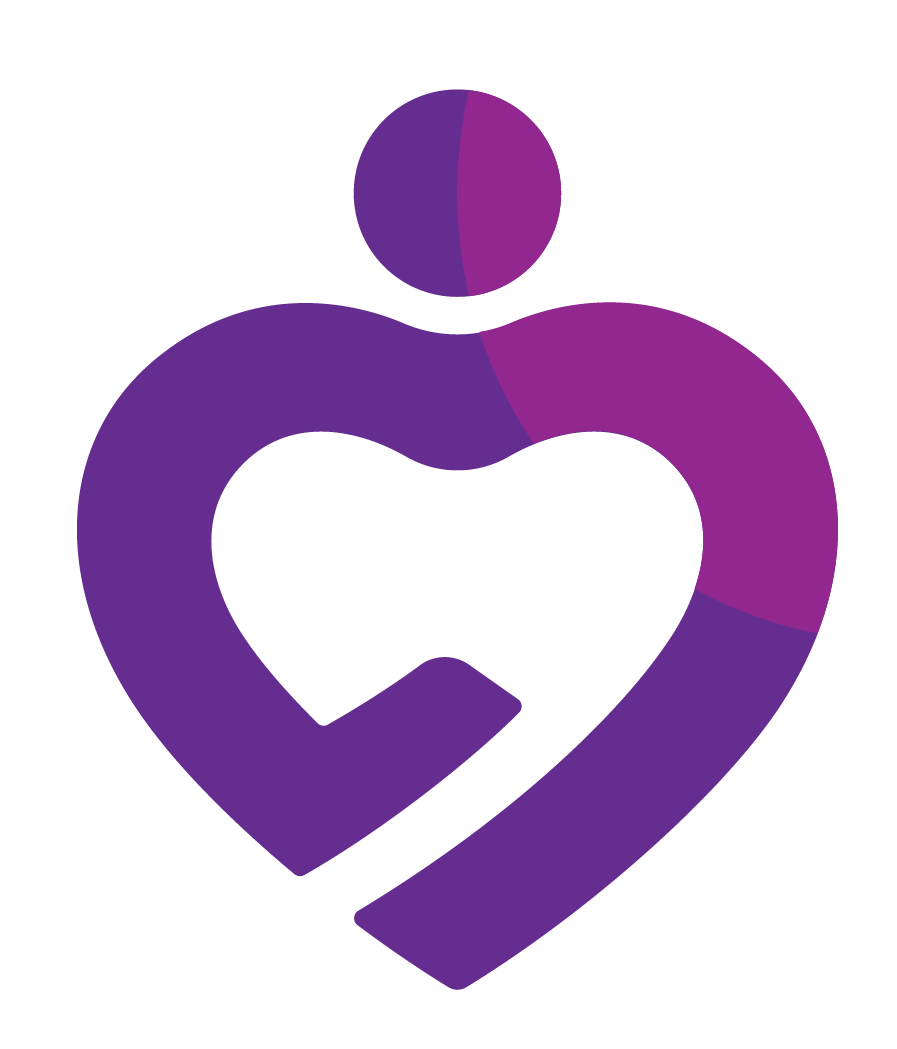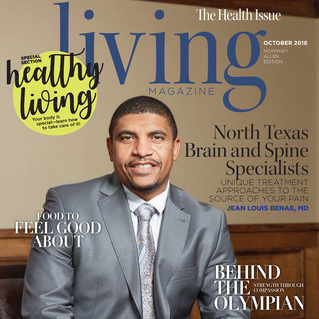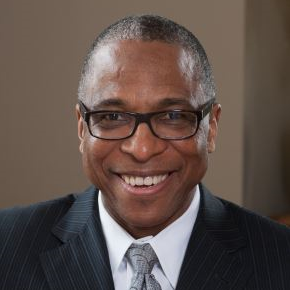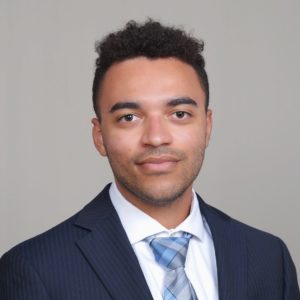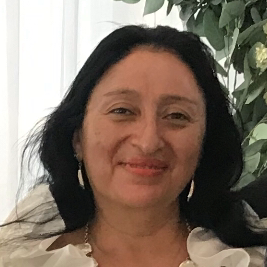What is your current title and role?
Medical doctor practicing as a neurosurgeon in the community
Where did you grow up?
I grew up in Central Africa, Paris, and Los Angeles.
Tell us about your professional (medical, nursing, allied health, etc.) school?
I speak fluent French, I moved to Paris, France from my native Cameroon, Africa as a teen to pursue my dream of being a neurosurgeon. In Paris, everything I read about neuroscience came from English speaking countries. So, at the age of 20, I decided to “go to the source,” moved to California and enrolled at the University of California, Los Angeles (UCLA). At UCLA, I earned my undergraduate degree in Physiological Sciences and MD from the Charles Drew/David Geffen UCLA School of Medicine. To pursue my passion for neurosurgery, I completed a fellowship in neurotrauma research at the UCLA Brain Injury Research Center and was then able to match and complete a neurosurgery residency in Milwaukee, Wisconsin.
Tell us about struggles and challenges in achieving your goal and how you overcame?
Being far away from family as a foreign national with no significant prior exposure to the English language was a major challenge for me. I overcame this by remaining focused and disciplined about any weaknesses or limitations hindering the goals that I had committed to.
Please share with us about your family and your support group?
I come from a family composed of 5 boys and 1 girl…I am the 5th child and while in neurosurgery training, I lost my father who was a significant moral support for me. I am grateful for my wife and three sons. My family is my support and joy.
Please share a memorable experience from your training that has stayed with you till today.
I am appreciative of the teamwork approach of our attendings, other residents, nurses, anesthesiologists, operating room staff, ICU team, other medical consultants who all work together to efficiently and safely take care of patients.
Please share a memorable teaching moment.
As a community neurosurgeon, I enjoy teaching anatomy dissections.
Please share a highlight from your practice/current role.
I do practice in a private setting as a solo neurosurgeon in north Texas. I treat an array of conditions from neck and back pain to brain & spine tumor resections. I utilize my training in minimally invasive spine surgery and neurosurgery to work tirelessly to get to the bottom of why his patients are in pain. I also
I also work with the 501(c)(3) nonprofit foundation “ Brain Project Future of Africa Foundation” to routinely do medical/surgical missions in various parts of Africa and underserved communities. On these missions, I offer help, provide equipment, treat, and care for underserved patients and share my knowledge and expertise. We provide medical training and support for medical professionals in underserved areas and developing countries.
What do you like and dislike the most about working in healthcare?
I like having a chance to positively impact on one’s health status and see them feeling better… I like to educate my patients about why they are in pain, what various treatment modalities (chiropractic care, pain management, physical therapy, etc.) are available to them, and why one might be prescribed over another. I like to take whatever time is needed to listen to my patients and provide them with very thorough care.
I dislike dealing with unexpected complications or patients facing sub-optimal care due to limited resources.
What are three things that you are grateful for?
1. Being overall healthy 2. Having a supportive family 3. Passionate about my work
What excites you outside medicine?
I love sports and to travel.
What advice do you have for students interested in healthcare?
I would advise to expose yourself to know as much as you can about the field you are interested in pursuing.
What do you think the student of today needs to be successful in matriculating and graduating from professional school (medicine, nursing, allied health, pharmacy)?
Students must have discipline and perseverance to be successful.
How would you advise or guide students to develop leadership skills, community outreach experience, research opportunities and clinical shadowing?
Seek to learn and be mentored by other students and young doctors that have just gone through the process.
How can we support and guide students to achieve good grades and be successful in standardized exams?
Students should be encouraged and supported to take serial practice testing until their performance is optimum.
